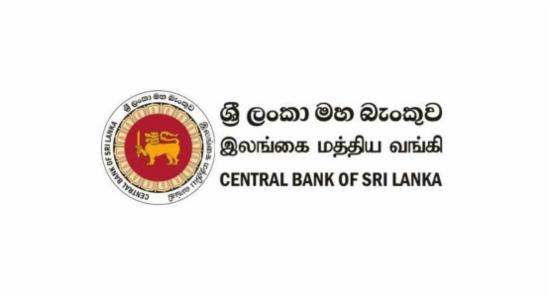.webp)
-800506.jpg)
“No Machang Trump Call Can Fix This”: Aryasinha on Foreign Policy
COLOMBO (News 1st)l Former Foreign Secretary Ravinatha Aryasinha says Sri Lanka faces limited strategic leverage in current trade negotiations, emphasizing the need for consistency and domestic preparedness over political shortcuts.
Speaking on the challenges of navigating trade diplomacy, Aryasinha dismissed the idea of a quick fix, stating, “If you're asking whether someone can just pick up the phone and make a ‘Machang Trump-style’ call to fix this—that’s unlikely. Decision-making in this context is highly personalized, and engaging with others may not yield results.”
He urged policymakers to first define what “softening” trade terms actually means. “Does it mean reducing tariffs from 30 to 25 or 20? Or does it mean gaining relative advantage compared to competitors?” he asked, adding that Sri Lanka must also prepare for potential secondary tariffs on raw materials used in exports.
Aryasinha noted that the situation offers little strategic leverage, as it revolves solely around trade. “Unlike the EU’s GSP+ which ties into human rights, this issue lacks that dimension. Thankfully, human rights aren’t a complicating factor here, which is a relief given the US’s earlier stance.”
Reflecting on the history of US-Sri Lanka relations, he said, “It’s always been binary—either we’re with them or against them. The inconsistency isn’t entirely our fault; the US has also been unpredictable, sometimes engaging directly, other times treating us as a secondary to India.”
He proposed that Sri Lanka’s best strategic leverage lies in offering predictability in regional security. “I don't mean that we must bandwagon with the United States. But if offering predictability in Sri Lanka is something that would be useful to them, that we will be responsible about how we deal with our country and our territory, then that can have spillover effects, which will benefit other relationships as well. And eventually, it will benefit Sri Lanka as well.”
Aryasinha stressed on the importance of domestic readiness: “We must prepare our industries, markets, and alternatives. The question is—are we ready?”
Other Articles
Featured News





.png )



-800646_550x300.jpg)



















.webp)






